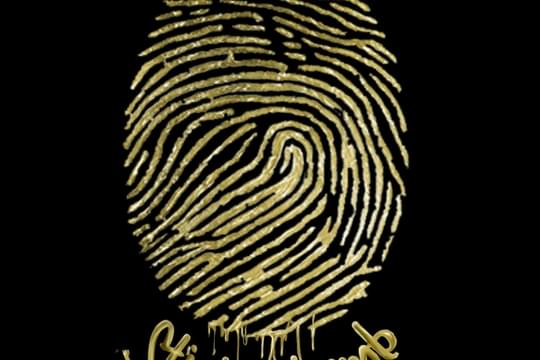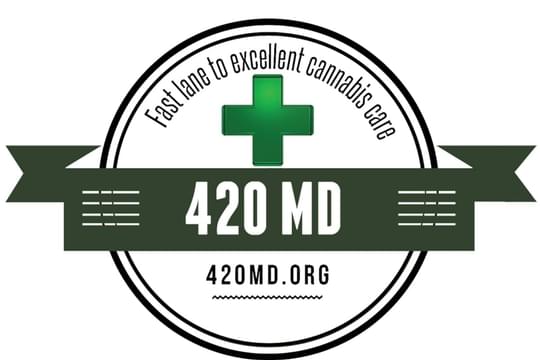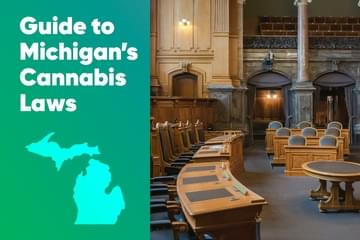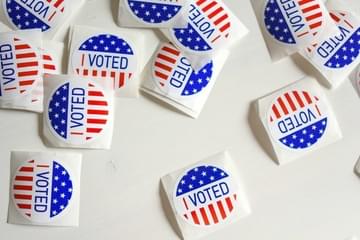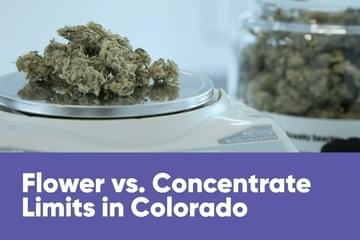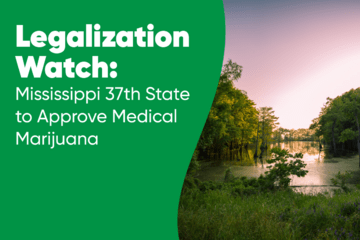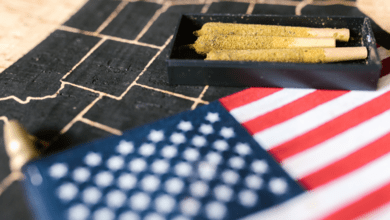
States With the Most Strict Cannabis Laws
Published on 10/12/21
With so many states continuing to legalize marijuana, it's easy to forget that there are still quite a few states with harsh criminal penalties for the possession of marijuana. Depending on which state you live in, the consequences can be severe, which is why it's best to know what exactly the laws and penalties are so you don't find yourself in a life-changing situation.
Marijuana Legalization in America
In the United States, both medical and recreational cannabis are federally illegal. It has been classified as a Schedule I drug since the 1970 Controlled Substances Act passed, meaning it's deemed by the federal government to be highly addictive and to have no medical applications. The Controlled Act was the effective start of America's War on Drugs, which strongly raged through the early 2000s and has slowly lost steam.
In 1996, California became the first state to legalize medical marijuana. Since then, a total of 36 states have legalized medical marijuana. Colorado and Washington became the first two states to legalize recreational marijuana in 2012, and the number of legalized states has since grown to a total of 19 states. Connecticut is the newest addition to the list, which legalized recreational weed in June 2021. As it stands, 60% of Americans believe medical and recreational weed should be fully legalized, and another 31% believe only medical marijuana should be legal. In total, only 10% of Americans believe marijuana should be fully illegal, and yet, it is federally illegal with the harshest drug classification available. As we'll see in the following state's laws, there is a disconnect between government regulation and what the American people want.
The 5 States with the Strictest Cannabis Laws
Georgia
 Unsplash
UnsplashGeorgia's marijuana laws can sound deceiving at first, but weed is still illegal. Qualifying patients can apply for access to the MMJ program, but that state-licensed program only allows low-THC/high-CBD oils. Anything above 5% THC is illegal and anyone who doesn't qualify under a strict list of conditions is not able to get access to this program. A new law was recently passed to add 30 retailers of these low-THC oils throughout the state, but legislation has yet to pass that opens up who qualifies and increases the amount of THC allowed in the products. Those found in possession of 1 ounce or less of marijuana may be subject to a misdemeanor, up to one year in prison, and a $1,000 fine. Any more than 1 ounce and you will get a minimum mandatory sentence of 1 year in prison (up to 10 years), a felony charge and up to a $5,000 fine.
Idaho
 Unsplash
UnsplashIdaho is one of the states that still have mandatory minimum sentencing for people caught with the intent to distribute or cultivating marijuana (less than 5lbs of marijuana will land you a minimum of one year in jail). The policy for people caught in possession of marijuana for personal use is also high. Anything less than 3 ounces may result in a misdemeanor with up to 1 year in prison and a $1,000 fine. 3 ounces of marijuana or more and you could be looking at a felony with up to 5 years in prison and a $10,000 fine. Fortunately, there have been movements to legalize marijuana in Idaho, with the newest initiative putting limited legalization on the 2022 ballot.
South Carolina
 Unsplash
UnsplashSouth Carolina is another state that does not have a medical marijuana program - only high-CBD/low-THC oils are legal, so long as they contain no more than 0.9% THC and 15% CBD. In 2018, South Carolina had the second-highest number of arrests (right behind South Dakota, which has since legalized marijuana and seen drastic decreases in arrest rates) with almost 700 for every 100K citizens. The first offense of possessing one ounce or less of marijuana is a misdemeanor with up to 30 days in prison and a max $200 fine, while subsequent offenses can land you in jail for up to one year with a fine up to $2,000. Fortunately, bills such as S. 150 have been created to create a legalized medical marijuana program. No bills have yet passed, but it is becoming an increasingly relevant issue for the state.
Wyoming
 Unsplash
UnsplashWith a possession arrest rate of about 600 per 100,000 in 2018, Wyoming is also known for its strong enforcement of marijuana laws. The state has not legalized recreational or medical marijuana, and unlike South Carolina or Georgia, not even low-THC oils are allowed -- only the 0.3% THC levels allowed federally in CBD products are allowed. If caught with 3 ounces or less, you may receive a misdemeanor with up to 12 months in prison and a $1,000 fine. 3 ounces or more, and you could be facing felony charges with up to 5 years in prison and a $10,000 fine. Lawmakers approved a marijuana legalization bill earlier in 2021, but nothing came of it. Some predict that nothing will come for legalization until at least 2022. Fortunately, over half of adults in Wyoming are in favor of legalization for people over 21, which is promising when you also consider recent attempts from lawmakers.
West Virginia
 Unsplash
UnsplashWest Virginia legalized medical marijuana in 2017, but it didn't begin accepting applications for the program until four years later in the spring of 2021. Now, medical dispensaries are scheduled to open in the fall of 2021. Even though it's legal, West Virginia doesn't necessarily make it easy to get a medical marijuana card, with a relatively small number of conditions that qualify and not many resources available to prospective patients. Anyone not part of the face the same potential consequences for any amount of marijuana possession: a misdemeanor with up to a $1,000 fine and anywhere between 3 to 6 months in jail. Additionally, the sale or distribution of any amount of marijuana results in a mandatory minimum sentence of at least 1 year in prison, a felony, and up to $15,000 in fines.
Do you live in a state with strict cannabis laws and regulations? Let us know what you think about the current cannabis climate in America and where you think it's going. Comment below!
